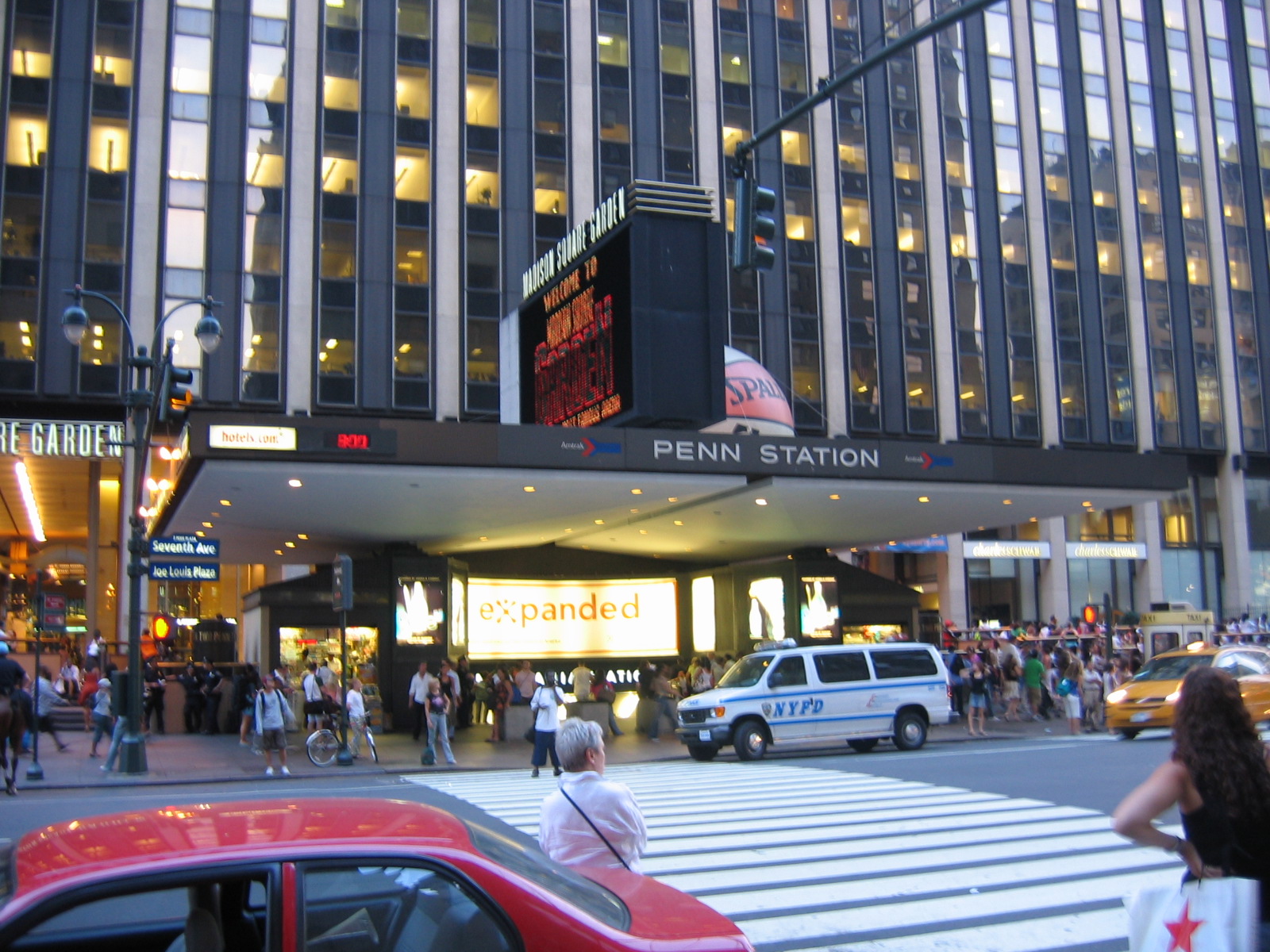Winter is coming, but disruptions from planned LIRR track will likely be minimal, the head of the MTA said.
The next round of repairs at Penn Station focusing on LIRR tracks will impact “less than a handful of trains,” MTA Chairman Joe Lhota said at a board meeting on Wednesday, and likely not warrant an extensive mitigation plan.
Lhota also said that this project, slated to last from Jan. 8 to May 28, will likely feature minimal disruptions compared to summer’s repairs.
“We are doing everything we can, working with Amtrak, to avoid any displacement whatsoever,” Lhota said. “We’re not talking about anywhere near the levels or numbers of what was experienced this summer.”
LIRR president Patrick Nowakowski originally said on Monday that the repairs would replace tracks 15, 18 and 19, but Amtrak said on Wednesday that they would be replacing tracks 15 and 18, as well as a track interlocking area on Penn Station’s east side.
Over the summer, Amtrak embarked on emergency track repairs from July 10 to Sept. 1, which shut down three tracks at Penn Station. This prompted the MTA to create a mitigation plan featuring discounted fares, temporary bus and ferry service, extra train cars and some free subway transfers.
That plan cost around $58 million, according to MTA Chief Financial Robert Foran, with most of those costs coming from the bus fleet and lost revenue from fare reductions.
Those first repairs had come following a series of signal problems, train derailments and suspensions.
Amtrak, which owns Penn Station, has said that repairs and upgrades are needed to address longterm infrastructural neglect.
A recent report from the state Comptroller’s Office also suggests that while the MTA has injected $120 billion into the mass transit since 1982, there has not been enough investment and alternative revenue resources may be needed to modernize the system.
“Maintaining, modernizing and expanding the largest mass transit agency in the nation is critically important to the future of the New York metropolitan region,” state Comptroller Thomas DiNapoli said. “In the absence of adequate funding, the system could fall into further disrepair and riders could face unplanned fare hikes.”



